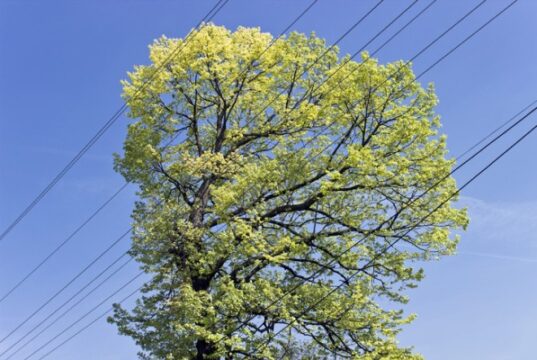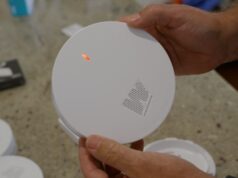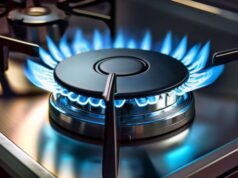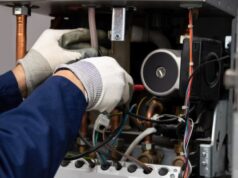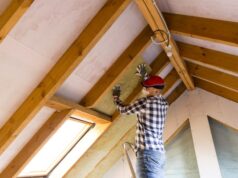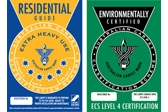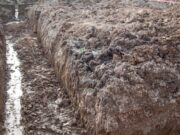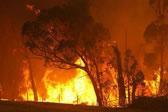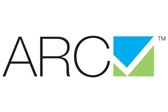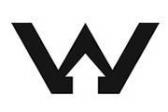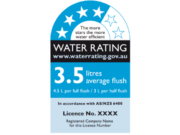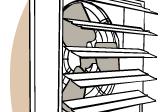Carpet ratings, classification and labels
When you're buying a carpet, ACCS star rating labels will help you to determine which carpets are best suited for your purposes.
In Australia, carpet...
Building on reactive soil sites
When planning a new home or extension, the type of soil on your block can have a significant impact on your foundation design and your construction budget. If you're building on a reactive soil site, understanding the risks and requirements can help you avoid future structural issues.
Bushfire and fire regulations for walls
Fires are one of the most common household disasters to happen, yet have equally devastating effects. Learn about fireproofing regulations for your walls to...
How to check an air conditioner installer’s licence
It's important that you only have licensed technicians do work on your air conditioners. Find out about the different types of air conditioning licenses.
The...
Cyclone code requirements for walls
Depending on where you live, there may be special requirements for fire or cyclone codes. See how these affect you.
Each year, Australian lives are...
Asbestos and asbestos sheeting
Asbestos, which was used for many years as an insulation material, can pose a serious risk to anyone renovating a home. Find out more...
Distance between water and power points
Regulations in Australia restrict the placement of power points in relation to sinks and taps. This article explores what the rules say and how far your power points will need to be from your kitchen sink.
WaterMark labels
The WaterMark certification label signifies that a plumbing product complies with certain quality and performance standards.
WaterMark logos are either etched or printed on compliant...
WELS labels and ratings
Water-producing bathroom fittings in Australia need to comply with basic water-efficiency standards. As a part of the WELS scheme, they are rated and given a label that shows how efficient they are.
Ventilation in garages, sheds and workshops
Garages, sheds and workshops, particularly those where dust, particles or sprays float around, may require extra ventilation to ensure your safety.
Work areas may require...

